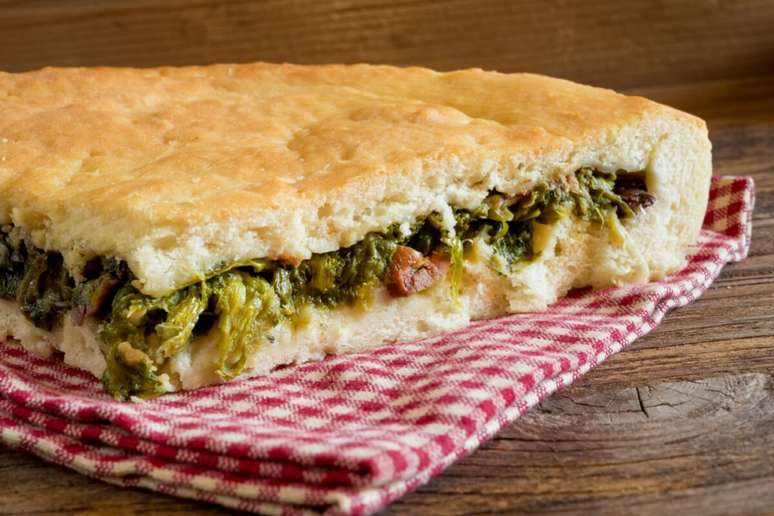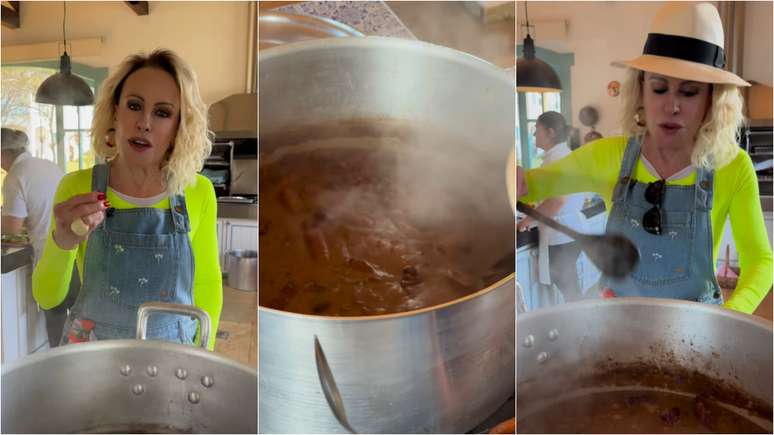We tell you what things cannot be cleaned with citric acid.
To avoid annoying problems or even serious damage, be aware that cleaning with citric acid is not recommended – these are the things we are talking about.
Natural stone countertops
Marble, granite and any other natural stone can decorate any kitchen. But they will make your life more difficult: by their nature, these materials are porous and therefore require special care. “Acids can seriously damage them. One of our customers once left a skin on a granite countertop, and the skin left an imprint that cannot be removed: the entire countertop needs to be replaced,” explains Delah Gomasi, director of the cleaning department.
Wooden surfaces
Citric acid and lemon can damage hardwood floors – if you drop a fruit, pick it up immediately and wipe the floor, otherwise the faded mark may remain forever. “We often see people damaging hardwood floors using viral tips from social media that involve citrus fruits. Be careful when using tips you find online: be sure to test all products on small areas of the surfaces you plan to clean,” advises Gomasi.
ADVERTISING – CONTINUED BELOW









